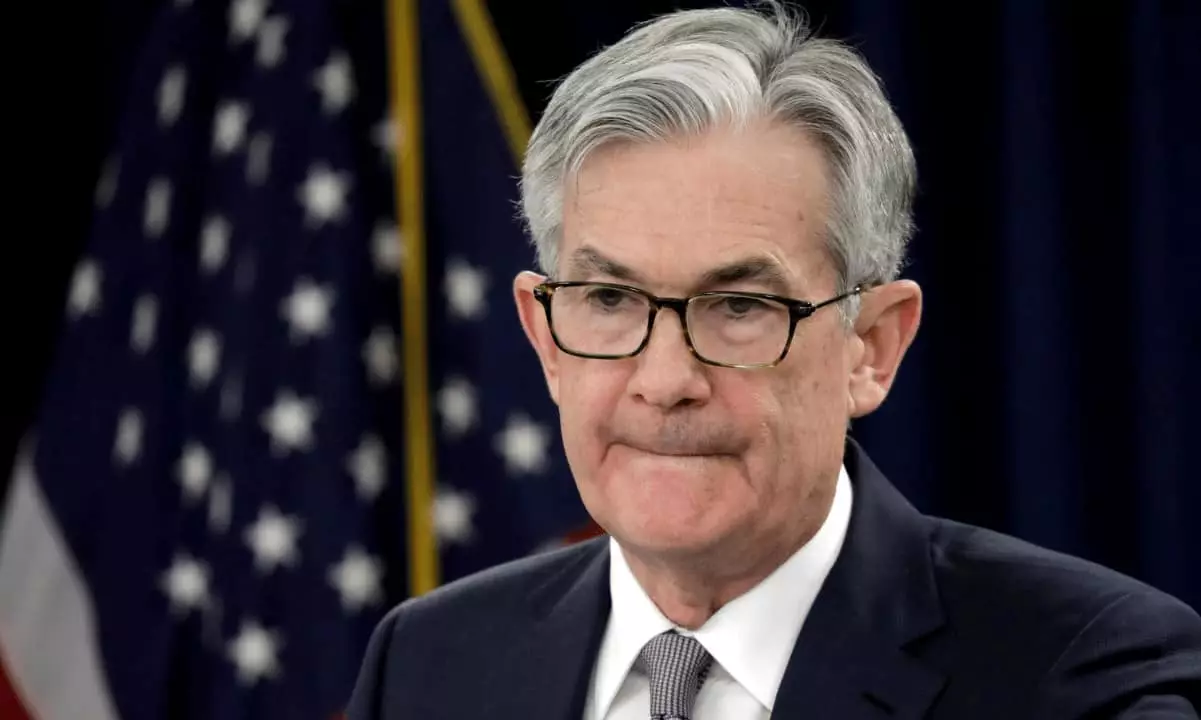In a recent testimony before the Senate Banking Committee, Federal Reserve Chair Jerome Powell emphasized that the United States will not adopt a Central Bank Digital Currency (CBDC) during his tenure. This declaration marks a significant pivot from the Federal Reserve’s prior exploratory discussions surrounding the feasibility of a digital dollar. Powell’s commitment came in direct response to a pointed inquiry from Senator Bernie Moreno (R-OH), who sought assurance that such a currency would never be introduced under Powell’s leadership. Powell’s affirmative response has reverberated through the financial landscape, raising questions about the future trajectory of currency and payment systems within the United States.
CBDCs Versus Cryptocurrencies: Understanding the Differences
As the conversation surrounding CBDCs progresses, it’s imperative to understand their implications compared to decentralized cryptocurrencies like Bitcoin. While cryptocurrencies offer anonymity and independence from government oversight, a CBDC would be distinctly state-controlled and monitored. This fundamental disparity has fueled criticism and concern among some economic and civil liberties advocates, including those from the Cato Institute. Nicholas Anthony, a notable critic of CBDCs, applauded Powell’s commitment, stating that the introduction of a government-issued digital currency threatens foundational aspects of financial autonomy and personal privacy. The inherent traceability of a CBDC raises significant apprehensions about surveillance, which could shift the balance of power dramatically between the state and the individual.
Powell’s firm stance becomes even more pronounced when viewed against a backdrop of global experimentation with digital currencies. Countries such as China have made headway by conducting pilot programs for their own digital yuan since 2020. Similarly, regions like Russia, Turkey, and Japan are exploring their digital initiatives, signifying a growing global trend towards digital currency adoption. In stark contrast, Powell’s assurances have positioned the U.S. away from a similar trajectory, reinforcing the belief among some lawmakers that America should maintain a distinct approach to digital finance. Senator Moreno further reinforced the sentiment that avoiding CBDCs would prevent the U.S. from emulating models seen in countries like China.
The discourse around CBDCs in the U.S. has also been marked by significant political resistance, particularly from Republican lawmakers. Recently, the House of Representatives passed legislation spearheaded by Congressman Tom Emmer, aimed at stopping the Federal Reserve from issuing a CBDC. Additionally, former President Donald Trump’s executive order explicitly prohibited federal agencies from endorsing or developing CBDCs. Such political pushback underscores a broader apprehension concerning government control over digital currencies, particularly regarding the impact on individual rights and financial privacy.
Ultimately, Jerome Powell’s decisive declaration against the introduction of a CBDC during his tenure serves as a reassurance to those wary of potential encroachments on personal liberties and financial privacy. As the global financial landscape continues to evolve, Powell’s commitment may provide a necessary buffer against the pressures of adopting a centralized digital currency. With ongoing debates and political maneuvers surrounding the issue, the United States appears poised to carve out a unique position in the unfolding narrative of digital finance, favoring traditional structures over emerging government-controlled alternatives.

